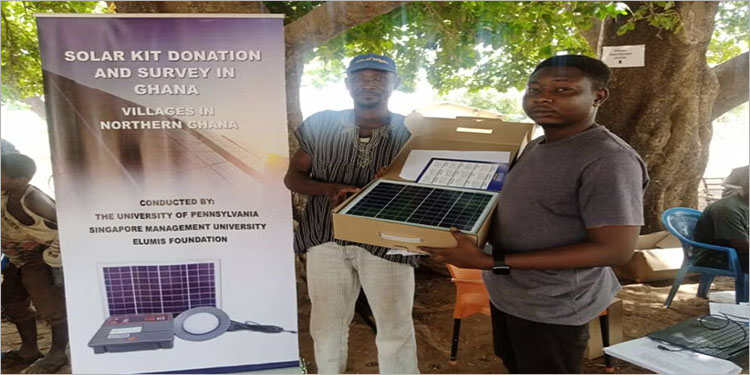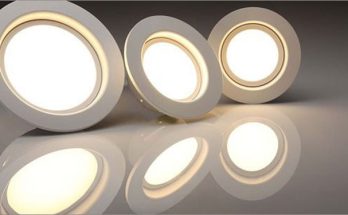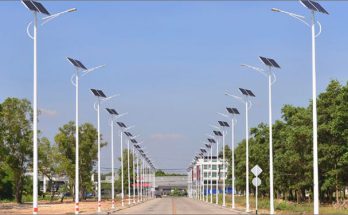 Access to clean, reliable lighting is transforming lives in rural Ghana, where solar lighting kits have proven to be a game-changer for off-grid communities. A recent study conducted by the Kleinman Center for Energy Policy demonstrated the powerful impact of providing solar lights to low-income households. In total, 807 households across 26 villages received solar kits equipped with panels, batteries, LED bulbs, and USB ports. These kits not only provided bright, sustainable lighting but also allowed device charging, offering immediate and lasting benefits.
Access to clean, reliable lighting is transforming lives in rural Ghana, where solar lighting kits have proven to be a game-changer for off-grid communities. A recent study conducted by the Kleinman Center for Energy Policy demonstrated the powerful impact of providing solar lights to low-income households. In total, 807 households across 26 villages received solar kits equipped with panels, batteries, LED bulbs, and USB ports. These kits not only provided bright, sustainable lighting but also allowed device charging, offering immediate and lasting benefits.
Families that previously relied on expensive and hazardous options like kerosene lamps, flashlights, and village phone-charging services saw their energy expenses drop sharply. On average, households saved about 21% of their monthly income, easing financial pressure while improving day-to-day living. The availability of bright, steady light also brought safety and health benefits—repelling insects, reducing risks of nighttime accidents, and lowering medical costs.
Educational outcomes improved as well. With better lighting at home, children studied longer and performed significantly better in school exams. Teachers observed enhanced enthusiasm, greater homework completion, and increased class participation.
The long-term economic benefits were equally promising. As households accumulated savings from reduced energy spending, many reinvested in productive activities like farming, expanding their income potential. Importantly, the solar kits empowered families with convenience and dignity, eliminating the need for costly, time-consuming trips to charge devices.
This initiative highlights how access to solar lighting can drive meaningful improvements in economic stability, education, health, and community well-being, creating a brighter and more sustainable future for all.



